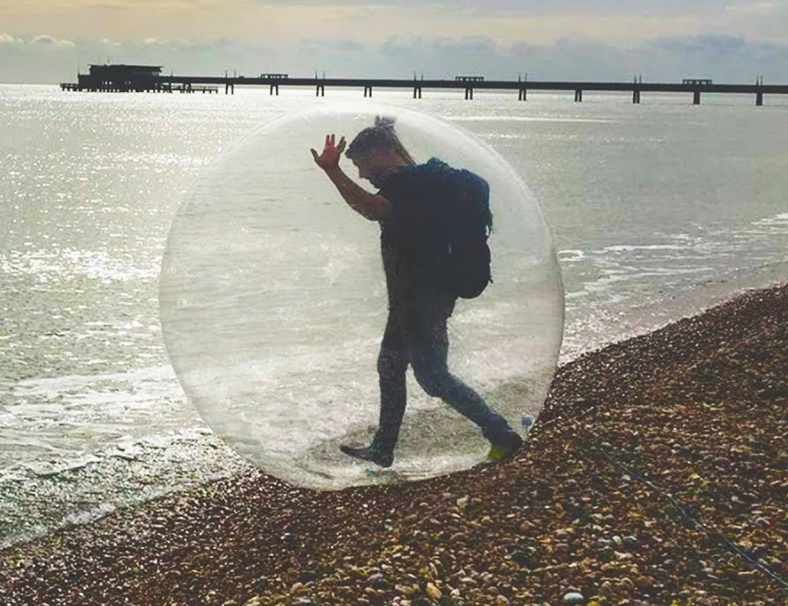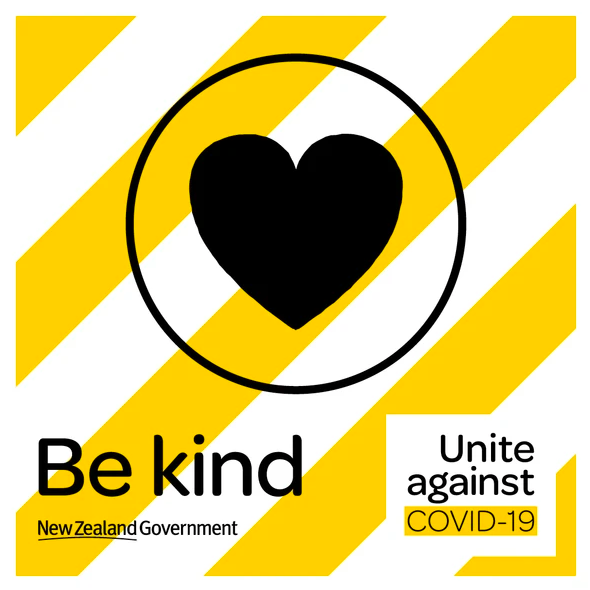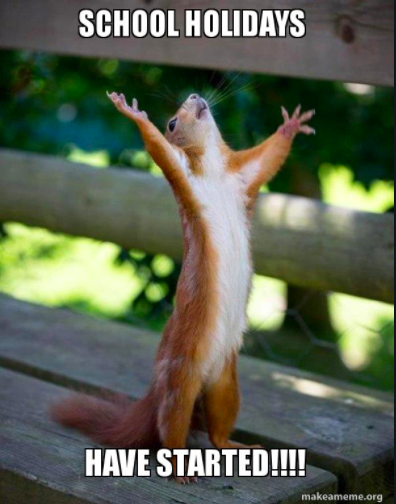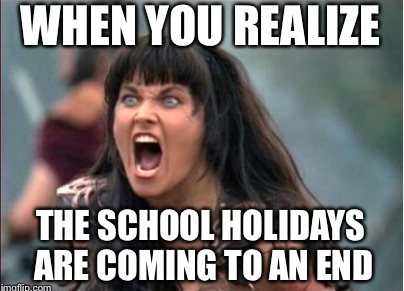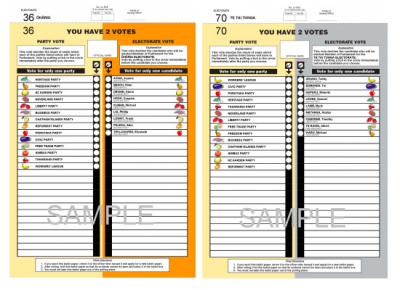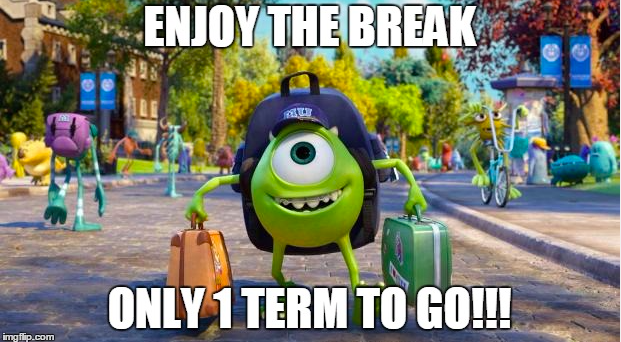10M2 Global Studies
Section outline
-
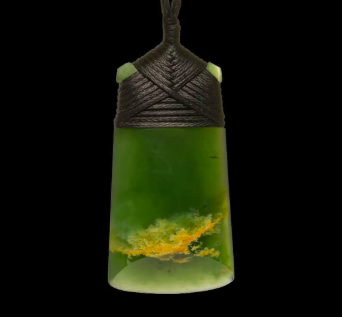 Taonga
TaongaKia ora, and welcome to your Global Studies course page for 2020. My name is Miss Wright and I will be your Global Studies teacher this year. This page is where you will be able to find all the necessary information you will require for your Global Studies course. All tasks and assessments will be placed here as well as additional lesson notes and resources. Please make it a habit to check this page at the start of each week, this will ensure that you are aware of any expectations we may have of you at that time.
Mountains staff really hope that your time here at MHJC will be full of fun and challenging activities that will see you grow as a learner. Enjoy this year and if there are any queries do come and see me or feel free to email me - swright@mhjc.school.nzThis week in Global Studies we will be learning about what we individually treasure. Our context this term is Taonga. What dos this mean to you? What is important to you as an individual, a member of a family, community and culture? While the things we treasure (physical, emotional and spiritual) may appear different, what do they have in common? Can we create categories for our Taonga?
Success Criteria: I can identify some of the taonga that are important to me as an individual and explain why they are treasured.
Activities:
- Brainstorm taonga.
- Categorise/group taonga - identify/describe the reasons for the grouping
- Share your categorisation with a buddy - what do they notice? Are your categories similar? Are your taonga similar? Can you make a generalisation about taonga or do we need more information?
- Create a page with an image of you in the middle, surrounded by representations of your taonga.
Homework:
Discuss with your family taonga. Are there items, places, people, practices etc. that are special to your family? -
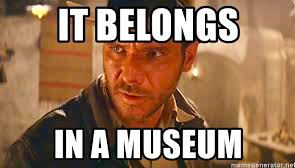
Kia ora, welcome to week two. This week, we are going to continue our exploration of the taonga that are personally treasured by our families and ourselves. You will be choosing one taonga to focus on and working it into a museum exhibit. This means you will need to consider the purpose of a museum (whare taonga). Are they created just to store and protect objects and ideas or is there a consideration of education and explanation? What background do you need to give to why your object is valued as part of your exhibition?Success Criteria: I can/have...
- Identified a shortlist of personal taonga
- begun to develop my thinking around why this taonga is valued by me
- unpacked the information I will need to provide to 'visitors' to my exhibit to allow them to understand my taonga
Activities:
- Add your taonga image to a personal folder within the shared folder
- Shortlist 3-4 taonga you would like to work with for your museum exhibition
- Work with a buddy to clarify your thinking around your taonga - what information do you need to have to explain your taonga? what questions does your buddy have to extend your thinking/explanation?
- Write a paragraph explaining what your taonga is and why you value it. Try to think beyond the actual object to the larger concept it represents i.e. connection, physical health, memories etc.
- Here is a link to To Whare Taonga's online collection. Have a browse and see how some collections and artifacts are displayed. https://www.aucklandmuseum.com/discover/collections-online
Homework:
Research within your family for an 'expert' of your chosen taonga. You will be conducting a video interview with your expert as part of your assessment task, so make sure they have an opportunity to get their thoughts together and use some initial conversations to inform your own thinking.
EXPLORE / TŪHURA learning intentions:
- We are EXPLORING...personal Taonga by connecting to our personal lives and classifying into categories
-
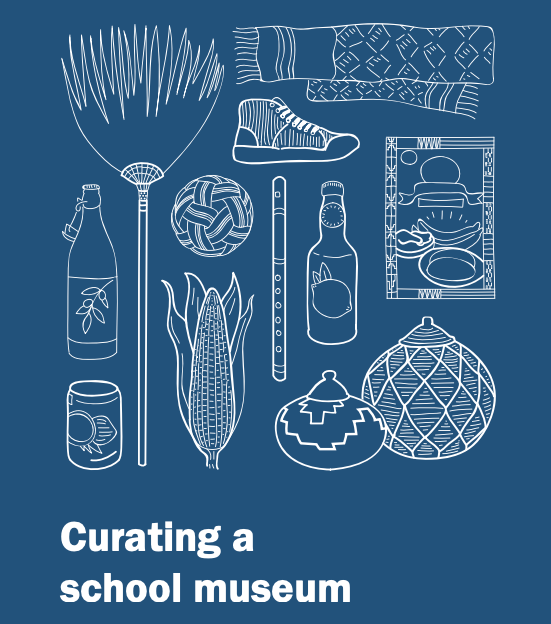
Kia ora, last week you wrote a paragraph describing one of your chosen taonga, and I was really impressed with the depth of thought and honesty you demonstrated. While many of you had chosen different taonga, the themes and feelings you explained were similar. This week, we are going to continue exploring the taonga we value and continue working towards your digital whare taonga exhibits. We will have a class discussion about how we can best share and present our exhibits. Remember, you will be utilising a range of digital technology in your exhibits including a video interview with a family member discussing the taonga as a shared heritage.
Success Criteria: I can/have...
- Identified taonga or my exhibition
- researched and clarified my thinking about my taonga
- Shared my thinking with a buddy to get feedback
- Considered the design of my exhibit
Activities:
- Class discussion about the format of a digital museum exhibition
- Class agreement about the structure of the exhibit (number of taonga etc)
- Explanatory paragraphs about chosen taonga drafted
Homework:
Start collecting images of artifacts for your exhibit
FOCUS / ARONGA learning intentions:
- We are FOCUSING...on Identifying the four personal Taonga that are most important to us, choosing what images to link to our Taonga and explaining out Taonga to another person
-
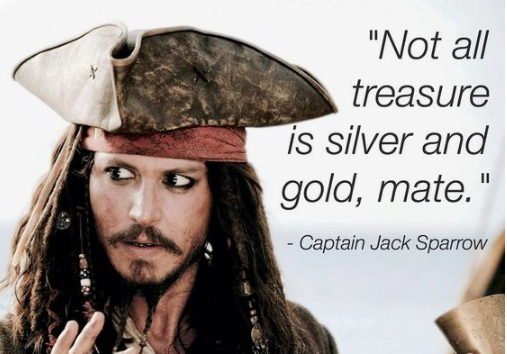
He Taonga rongonui te aroha ki te tangata
Goodwill towards others is a precious treasure
Kia ora. We only have one global studies lesson this week, so lets make it epic! I have scheduled this weeks general knowledge quiz for the start of the lesson, by next week you need to have completed your 4 paragraphs on your chosen taonga and started to edit them for structure and clarity. Ask a buddy to check what you have written and tell you where some more information would help the reader.
Success Criteria: I can/have...
- identified taonga or my exhibition
- researched and clarified my thinking about my taonga
- Shared my thinking with a buddy to get feedback
Activities:
- Complete general knowledge quiz
- Complete 4 paragraphs on personal taonga, edit and proofread carefully
Homework:
Taonga paragraphsFOCUS / ARONGA learning intentions:
- We are FOCUSING...on Identifying the four personal Taonga that are most important to us, choosing what images to link to our Taonga and explaining out Taonga to another person
-
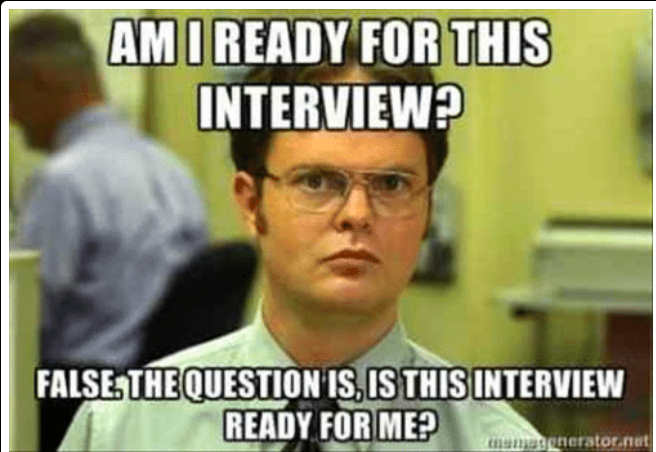
Mauria te pono
Believe in yourself
Kia ora. I hope you enjoyed the long weekend break. Hopefully you got outside and enjoyed being a kiwi in summer! It's now officially autumn, but I don't think anyone has told the weather. This week we are going to start preparing for the interviews we are conducting with our family members about one of our taonga. You will need to write enough questions to fill a 3-4 minute interview. This means you will need to ask open-ended questions that allow your interview subject to speak from the heart. You will probably need to have a few extra questions prepared to get your subject to develop their ideas if you think there is more information you want them to add. It is really good practice to give your interview subject the list of questions before you do the interview to allow them some time to think about what they want to say. You should also make it clear to them the purpose of the interview itself.
Success Criteria: I can/have...
- develop a series of questions on my chosen taonga
- prepare an information sheet for my interview subject detailing the purpose and the questions
- have follow-up questions prepared to get more information if necessary
- identify any props or images you will get your subject to discuss in your interview
Activities:
- Write a brief paragraph describing your chosen interview taonga and the purpose of the interview
- prepare a series of questions to develop the ideas about your taonga
- record your questions below the paragraph
- have a test run of your interview with a buddy
- time the test interview and add more questions if necessary
Homework:
Share your paragraph and interview questions with your subjectFOCUS / ARONGA learning intentions:
- We are FOCUSING...on Identifying the four personal Taonga that are most important to us, choosing what images to link to our Taonga and explaining out Taonga to another person
-
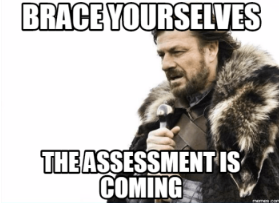
Ko te mutunga oranga, he timatatanga kaha!
Winning starts with beginning!
Kia ora. I was really impressed with your work on the class museum last week - you all worked collaboratively and helped each other with the hyperlinking as well. I think the end product is going to be something you will be very proud of. This week, we are going to continue to work on our museum, as well as unpacking and beginning our Term 1 Assessment task which will form part of your museum exhibit. I know you are out on Friday doing wild and crazy things on a rock wall, so we will have to make sure we use the time we have available this week well.
Success Criteria: I can/have...
- develop a series of questions on my chosen taonga
- prepare an information sheet for my interview subject detailing the purpose and the questions
- have follow-up questions prepared to get more information if necessary
- identify any props or images you will get your subject to discuss in your interview
Activities:
- Museum exhibits
- Editing of interview footage
- transcribing of interview
Homework:
Conduct your interviewFOCUS / ARONGA learning intentions:
- We are FOCUSING...on Identifying the four personal Taonga that are most important to us, choosing what images to link to our Taonga and explaining out Taonga to another person
-
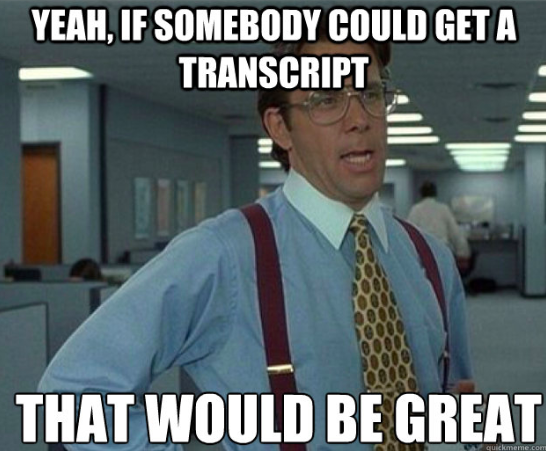
Whiria te tangata.
Weave the people together.
Kia ora. Welcome back from rock climbing. I have heard great things about your day, and look forward to hearing more. This week, we are going to continue working on our assessment task. This is a shared assessment between English and Global, so hopefully you have planned out your time wisely as you need to complete tasks it a certain order to meet your deadlines. By now you should have completed your interview and be working on your transcript. A transcript is an accurate recording of what was said in the interview. You need to work off your interview recording, not your initial question document or story board you so you share exactly what was said (including ummm and ahhhh and pardons! If you undertook your interview in a language that is not English (alas, the only language I know) please provide a translation for me - your transcript in English is what I need. You will be submitting this transcript in both English and Global Studies. You will also submit your written commentary in Global Studies - this is where you explain your taonga to me and tell me how the ideas and actions of people in YOUR past have impacted on your identity (i.e. your valuing of this taonga). You do not need to use an essay structure with Introduction and conclusion, but your paragraphs should be well crafted and show TEXAS. Surface features are important too! Phew! A lot to do here so I really do hope you have made a start. Our due date is Monday 23rd March.
Success Criteria: I can/have...
- Completed my interview transcript accurately
- Explained how ideas and action in the past impact on present identity
Activities:
- Do now- General Knowledge Quiz
- Taonga explanation paragraphs
- Transcript completed
Homework:
Assessment task 1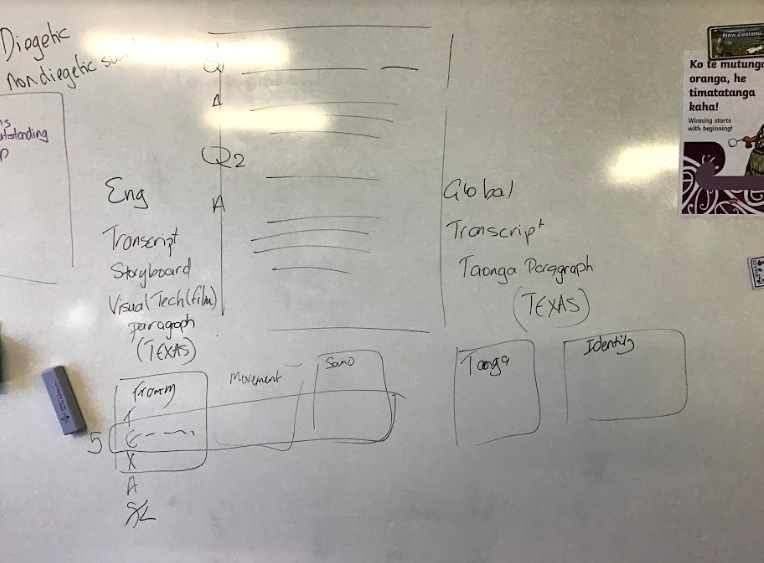
PLAN & DO / WHAKAMAHI learning intentions:
- We are PLANNING... our Te Whare Taonga o Maunga so that we can produce a slide that presents our Taonga and that we can share with our community. We are collaborating as a class and publishing on a shared document
-
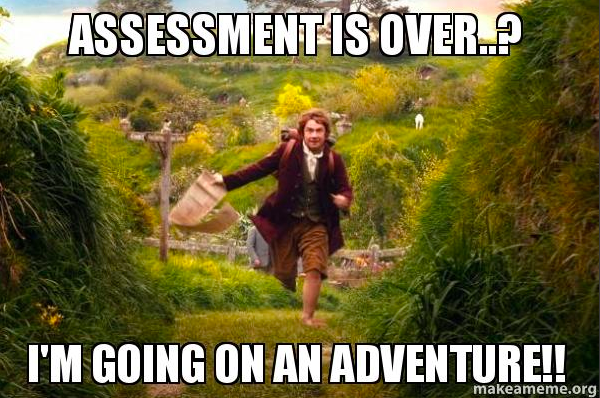
Kia kaha, kia maia, kia manawanui
Be strong, be brave, be steadfast
Kia ora. I hope you have all had a restful weekend and have not had to stress too much over assessment tasks. If you have managed your time well, your may have had a few polishing details to do, but the bulk of your work will be completed. Remember, this week you are uploading the same document with all required tasks to both Global and English. You will need:
- Transcript (translated to English if necessary)
- Storyboard
- Paragraphs about Taonga and National Identity
- Paragraphs about Visual Language (Film) Techniques
We will use some class time in the following weeks to work on editing and uploading our interview videos to the Whare Taonga slides. I also want to explore the AO of how the ideas and actions of the past impact and influence the present (and future).
Success Criteria: I can/have...
Identify a moment of time to explore
Research the ideas and actions of people in this moment of time
Explain how these ideas and actions have influence thinking and action today
Activities:
- Do now - General knowledge quiz
- Submit Assessment task
- Brainstorm moments in time of interest to you personally
- Create a KW chart about this moment to identify research focus
Homework:
UPDATE UPDATE UPDATE......
Phew - now that I have your attention.
If you can get your assessment task uploaded, please do so - it is important that we stick to routines where we can - but then....... relax, find something to do that calms you - perhaps it is reading, or craft, or a walk or even gaming.....
I have started a diary - not necessarily to share but to record what is happening at the moment and how I feel about it. I encourage you to do the same. Your perspective is important - you are able to be the historians of this moment. You can use an online platform like blogger.com - create a google doc, or go old-school like me and grab an exercise book (or a fancy diary with a lock). ʕ •ᴥ•ʔ
We have 4 days until the end of the term as the school holidays have been moved to the start of next week. We will have some distance learning after that until we are all able to return to school. This all happened so suddenly we were unable to farewell each other and that is pretty unsettling - so from me to you, Have a safe and relaxing holiday break and I will see you all next term. I am looking forward to hearing about what you have got up to.
I have set up an edmodo class page - you can access it by going to edmodo.com and signing in with google (school account) Click on "I am a student" and join with class code jrk5yi - please don't share this with anyone who is not in 10M2 I will remove anyone who is not in the class, and can also see everything you write. I can change your status to read only if you do not use this space appropriately. Oh - and I will put the general Knowledge Quiz up on google classroom for you. May the odds be ever in your favour.
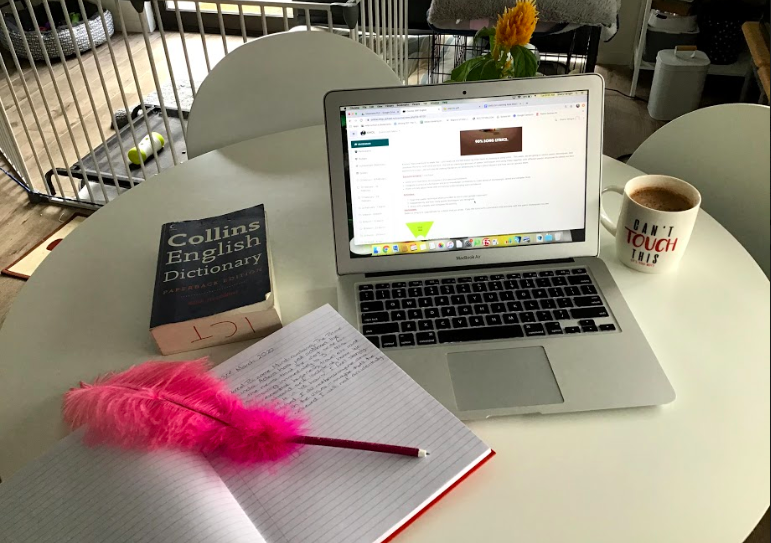
REFLECT / WHAIWHAKAARO learning intentions:
- We are REFLECTING on our assessment task and reviewing our work. We are evaluating any gaps and generating personal next steps to improve our work. We are identifying problems or barriers to learning and checking our work fit the intended purpose
-
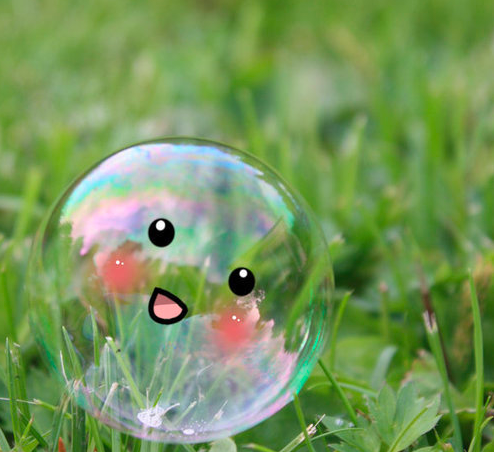
Hoping you are all safe and happy in your bubbles
Relax and enjoy the first week of the school holidays:-)
-

Hurihia to aroaro ki te rā tukuna to atarangi kia taka ki muri i a koe.
Turn to face the sun and the shadows fall behind you.
Kia ora. This week, I want us to put the finishing touches to our Whare Taonga - we need to get the video interview you conducted in March edited and uploaded to the appropriate slide. Hopefully you have all had a chance to edit your videos - once you get them uploaded, please check to see if they are playing correctly. You may want to create a new slide based on your recent experiences. Do you have something you have missed during your time in your bubble that you want to add to our Whare Taonga? I will create a new slideshow and share it with you via google classroom to allow you to share what you have identified as a treasure during this time we have spent apart. I have missed you all, I have missed going for a longer walk, and I have missed shopping!
Success Criteria: I can/have...
- Upload video to google slide
- Identify a treasure based on your bubble time
Activities:
- Upload video and check it plays
- Create a slide for a new treasure
-
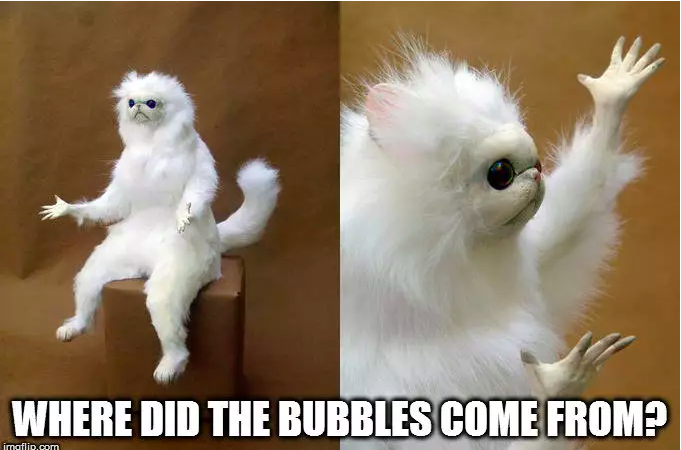
Whāia te iti kahurangi ki te tūohu koe me he maunga teitei.
Aim for the highest cloud so that if you miss it, you will hit a lofty mountain
Kia ora, I hope your first week back of distance learning was not too stressful, and you now have a better idea of how you will be working within your home bubble. I will be putting the big idea on MHOL, together with the success criteria and activities and any instructions you need. Google classroom will be used to distribute resources and for you to upload your completed work and we will all meet on Friday at 11:00 where you can raise any questions you have. Please remember, you can email me at any time with questions I I will try and get back to you as soon as I am available. This week we are going to reflect on the week we completed on our Whare Taonga and assessment task - what went well, what challenges did you meet and how did you overcome them, and what would you do differently next time. I will add a blank document on google drive for you to complete your reflection. Please remember, the more in-depth your reflection, the more useful it will be to your future learning. Reflecting is part of the Great Ako learning cycle! I am also going to put a link on google classroom to an article about modern museums. Please read the article and respond to the points raised (I will also take you on a virtual tour of another museum - will the fun never end!)
Success Criteria: I can/have...
- Reflected on my learning journey over term 1
- Read, thought about and recorded my ideas about modern museums
- Been on a tour of a virtual museum
Activities:
- Google classroom (Reflection and reading tasks)
Homework:
Write here...
REFLECT / WHAIWHAKAARO learning intentions:
- We are REFLECTING on our assessment task and reviewing our work. We are evaluating any gaps and generating personal next steps to improve our work. We are identifying problems or barriers to learning and checking our work fit the intended purpose
FOCUS / ARONGA learning intentions:
- We are FOCUSING on how human rights have been impacted by Covid19
- We are FOCUSING on the perceptions of different populations to the restrictions and comparing how each population has responded. We are discussing the legality of the restrictions.
-
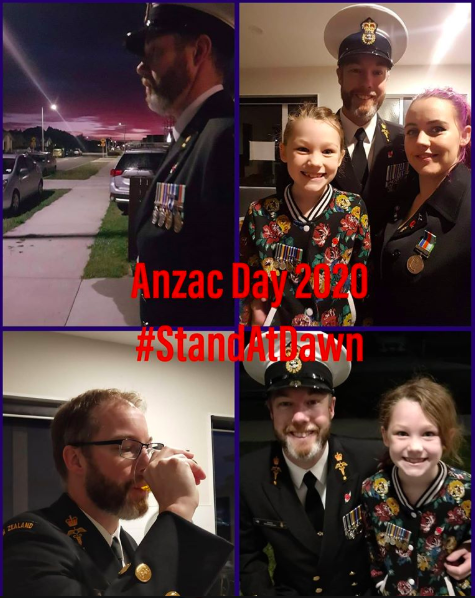
Kia mau ki te tokanganui-a-noho
There's no place like home
Kia ora. Welcome to ANZAC day from my bubble. This is a picture of my son-in-law, my daughter and my grand-daughter standing at dawn on ANZAC day. Don't they look proud. I hope wherever you were, you were able to spend some time thinking about the meaning about ANZAC day. Perhaps you also thought about how ANZAC day links to our Level 4 lockdown. In our own way we are also at battle at the moment for the good of our country. How do you think the next generations will view the actions and events of the moment?
This week, we are going to start thinking about our new context; Unknown/Unexpected What do these words mean to you and how do they link? How do you cope when something unexpected or unknown occurs? Do you have any strategies? How can you make sure that you are not impacted negatively long term by unknown or unexpected events? We are gong to look at how people around the world (and within our own country) have reacted to recent events - and whether these reactions are legal, just and show equality to all
Success Criteria: I can/have...
- explore human rights
- contrast actions of NZ and another country
- evaluate the effect the actions have on human rights
Activities: (Google Clasroom)
- Introduction to human rights powerpoint
- Select a country (other than NZ and research the current restrictions in place for its population
- 3 Human Rights picture quiz. - For each image, compare and contrast the action of the governments of two countries (NZ and your selected country) Has the government violated human rights? Write your opinion on the document provided.
Homework:
Write here...EXPLORE / TŪHURA learning intentions:
- We are EXPLORING global human rights and researching how these have been impacted by recent events
- We are EXPLORING how human rights violations are addressed and policed
- We are RECOGNISING that there may be times when human rights are altered to meet a global/regional need
-
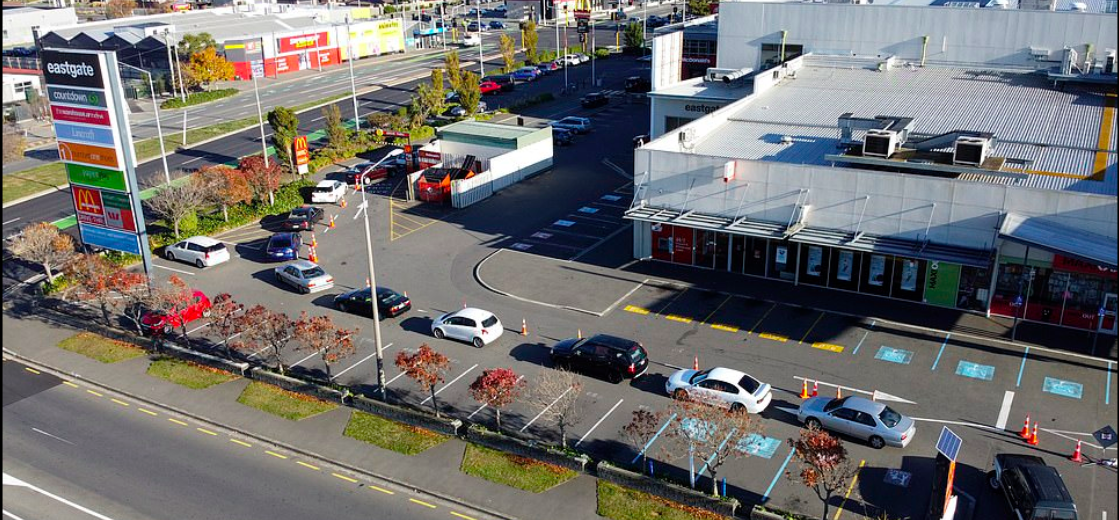
Tangata ako ana i te whare, te tūranga ki te marae, tau ana.
A person who is taught at home, will stand collected on the marae.
Kia ora. It was a short week last week, so this week we are going to continue the work we started last week. I have added an additional task for those of you who managed to get some work done last week.
We are thinking about our new context; Unknown/Unexpected What do these words mean to you and how do they link? How do you cope when something unexpected or unknown occurs? Do you have any strategies? How can you make sure that you are not impacted negatively long term by unknown or unexpected events? We are gong to look at how people around the world (and within our own country) have reacted to recent events - and whether these reactions are legal, just and show equality to all
Success Criteria: I can/have...
- explore human rights
- contrast actions of NZ and another country
- evaluate the effect the actions have on human rights
Activities (Google classroom):
- Introduction to human rights powerpoint
- Select a country (other than NZ and research the current restrictions in place for its population
- 3 Human Rights picture quiz. - For each image, compare and contrast the action of the governments of two countries (NZ and your selected country) Has the government violated human rights? Write your opinion on the document provided.
- Land of the Free vs. Land of the Lockdown
Homework:
Write here...EXPLORE / TŪHURA learning intentions:
- We are EXPLORING global human rights and researching how these have been impacted by recent events
- We are EXPLORING how human rights violations are addressed and policed
- We are RECOGNISING that there may be times when human rights are altered to meet a global/regional need
-
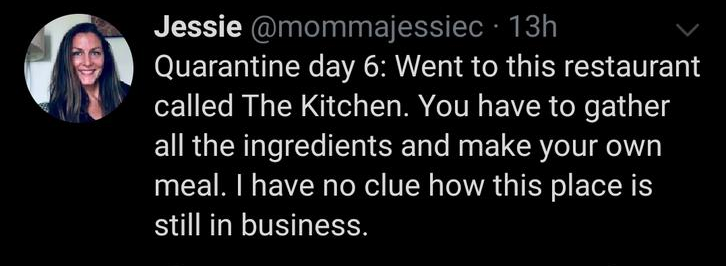
Ānei au, tō pou whirinaki.
I’m here, I’ll support you.
Kia ora. Welcome to another week of distance learning - I hope you are taking some time to record your thoughts and feelings over this time - not as a school task, but as part of documenting the history you are currently part of. What we are all experiencing at the moment will be what students are studying at school (and especially in Global classes) in the future. Isn't that a bizarre thought. This week, we are going to continue our work on Human Rights (with an eye to the current restrictions around the planet). Hopefully you have all made a start on "The land of the Free" document in google classroom. This week we will be completing this work and looking at the perceptions of the lockdown by a range of countries around the world. There will be a new document added to Google Classroom for you to work on.
Success Criteria: I can/have...
- evaluate the effect the actions have on human rights
- discuss the perception different people have of the same events
Activities: (google classroom)
- Land of the Free vs. Land of the Lockdown
- Perceptions of Covid 19
Homework:
Write here...EXPLORE / TŪHURA learning intentions:
- We are EXPLORING global human rights and researching how these have been impacted by recent events
- We are EXPLORING how human rights violations are addressed and policed
- We are RECOGNISING that there may be times when human rights are altered to meet a global/regional need
-
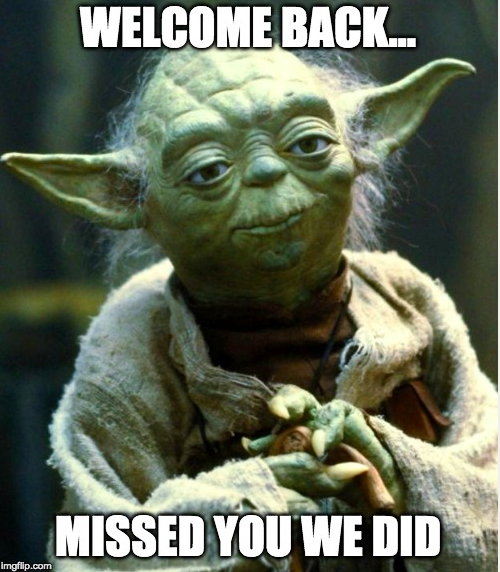
Moea tō poi, moea tō patu!
Be prepared!
Kia ora. I am so happy to be back on site at MHJC. How do you feel? It's weird that everything looks the same, but it really is a different world at the moment. This week you will notice a few changes to our routines as we settle back into school at Alert level 2. You will be in the same room all day, and your teachers will come to you. You will have to be a bit patient with the teachers as we navigate different projector set-ups and even just changing where we stand and where the board is. This week we are going to review what we have done so far on Unknown or Unexpected You will be sharing your google classroom work on Land of the Free, Perceptions of Covid 19 and Human Rights with a class buddy. Phew, that sounds like a lot of work, but we are now halfway through the term and need to focus on what we need to achieve.
Success Criteria: I can/have...
- evaluate the effect the actions have on human rights
- discuss the perception different people have of the same events
Activities:
- Review Human rights
- Review Land of the Free
- Review Perceptions of Covid19
- The legality of the lockdown
Homework:
Write here...EXPLORE / TŪHURA learning intentions:
- We are EXPLORING global human rights and researching how these have been impacted by recent events
- We are EXPLORING how human rights violations are addressed and policed
- We are RECOGNISING that there may be times when human rights are altered to meet a global/regional need
-

Wishing you a joyous Eid Celebration
Ko ia kāhore nei i rapu, tē kitea.
He who does not seek, will not find.
Kia ora. Wishing a joyous Eid celebrations to many of you. This week we are going to continue on with our learning, we are heading to the time where assessments tasks will be introduced to you, so It is important that you continue to complete the work we are doing in preparation (and catch-up on any tasks that you did not complete while distance learning)
Success Criteria: I can/have...
- evaluate the effect the actions have on human rights
- discuss the perception different people have of the same event
Activities (Google Clasroom):
- Covid 19 in Africa (Task 2 & 3)
- Discuss your answers with a buddy
Homework:
Write here...FOCUS / ARONGA learning intentions:
- We are FOCUSING on how human rights have been impacted by Covid19
- We are FOCUSING on the perceptions of different populations to the restrictions and comparing how each population has responded. We are discussing the legality of the restrictions.
-
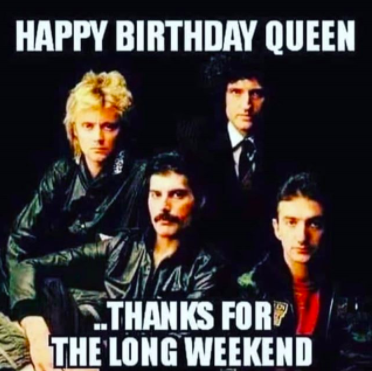
Ko koe ki tēnā, ko ahau ki tēnei kīwai o te kete.
You take that handle of the kete and I’ll take this one.
Kia ora.I hope you all enjoyed the long weekend. Did you watch the news to see what is happening around the world? It is so sad that even the Covid19 Pandemic has been moved from the headlines by the Human Rights Violations that are happening in the USA. What Human Rights were violated in Minnesota? Are the peaceful protests justified in your opinion? What about when those protests turn violent? Are people protesting for the same reasons or are there different agendas in play? I will be interested to hear your thoughts on what is happening. This week, we are going to complete our initial research into Covid19 in Africa and review the research process formally (including how we locate, record and use sources in our writing). I also hope to start unpacking Assessment Task 2 with you in the later half of the week.
Success Criteria: I can/have...
- evaluate the effect the actions have on human rights
- discuss the perception different people have of the same event
Activities:
- Covid19 in Africa Sources 4 & 5
- Research process
- Assessment Task 2 - unpacking the task and criteria
Homework:
Write here...
PLAN & DO / WHAKAMAHI learning intentions:
- We are PLANNING a social action so that we can promote human rights, we will collaborate with an established organisation to demonstrate our commitment to social justice
-
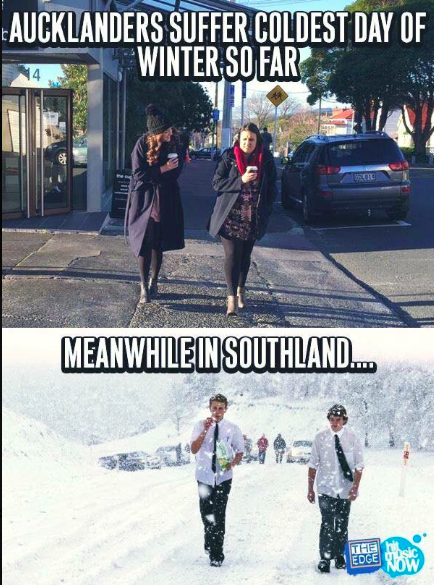
Ko te pae tāwhiti, whāia kia tata. Ko te pae tata, whakamaua kia tina.
Seek out distant horizons and cherish those you attain.
Kia ora. I hope you all had a good weekend and were able to meet your social action goals. This week we are going to spend some time working on our social action log, and also starting the process of researching the current situation in Malawai. We will be following a process of research that will support us to locate the information we will need. You need to have your research in a document I can access, so I will provide a document in google classroom to make this easier for us all. Your research is independent work.
Success Criteria: I can/have...
- evaluate the effect the actions have on human rights
- discuss the perception different people have of the same event
Activities:
- Social Action Log - documentation of social action undertaken.
- Research - Stage 1:What do we need to find out? What key words will be use in our search? Where will we look?
Homework:
Write here...
PLAN & DO / WHAKAMAHI learning intentions:
- We are PLANNING a social action so that we can promote human rights, we will collaborate with an established organisation to demonstrate our commitment to social justice
-
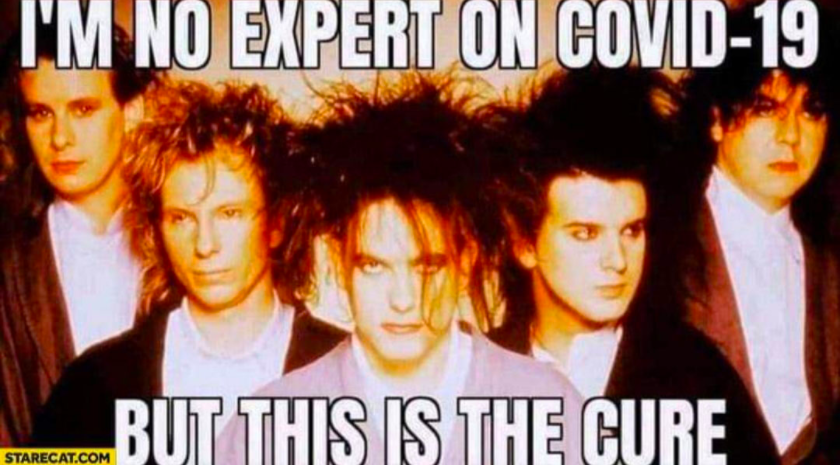
Ka pū te ruha, ka hao te rangatahi.
As an old net is cast aside, another is remade.
Kia ora. I hope you all enjoyed the first weekend of level 1. I went out to a shopping mall, and it was strange seeing so many people at once (and all of them walking so close together!) It seems odd that things are so quickly going back to 'normal'. As the school term started during lockdown, we have a longer term - so while many of you feel like the term is almost over, we still have 3 weeks face-to-face to complete our terms work before we can have the break I know we are all looking forward to. This week we are going to continue with our research into human rights issues in Malawai and how the Covid19 Pandemic has made these issues more impacting on the people. Please keep referring back to the assessment document -and remember the documents I have provided for you on google classroom are there to help you structure your research - they are NOT what you will be submitting for this task. We will look at some exemplars of research files later in the week so you have an understanding of where you will be taking your initial notes.
Success Criteria: I can/have...
- valuate the effect the actions have on human rights
- discuss the perception different people have of the same event
Activities:
- Research File
- Discussion of exemplars
Homework:
Write here...PLAN & DO / WHAKAMAHI learning intentions:
- We are PLANNING a social action so that we can promote human rights, we will collaborate with an established organisation to demonstrate our commitment to social justice
-
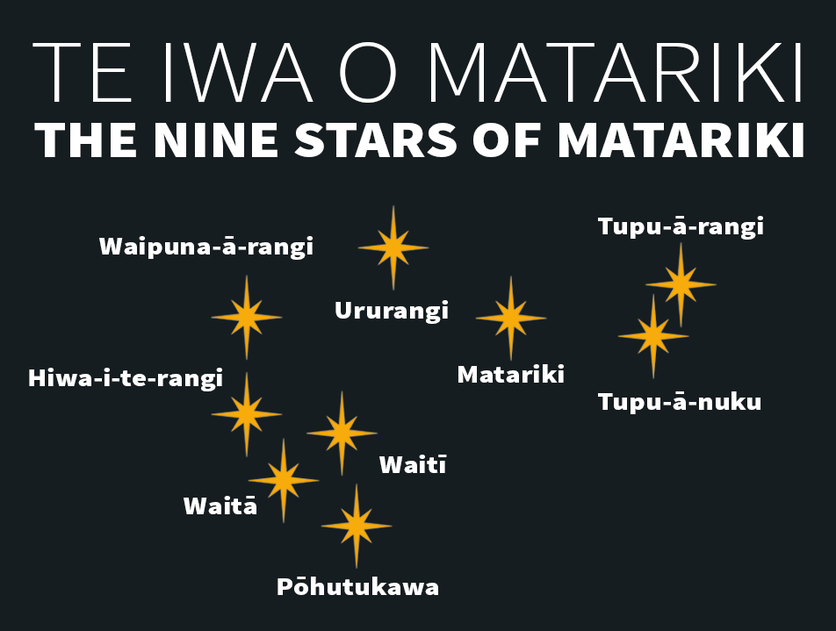
He kākano ahau i ruia mai i Rangiātea.
I am a seed which was sown in the heavens of Rangiātea.
Kia ora. I hope you took advantage of the Teacher Only Day on Friday to recharge your batteries and rebuild your energy for the last two weeks of the term. Hopefully, you also go out to celebrate the start of Matariki. (Interestingly, when you make a typo when writing start of Matariki as I just did, you get Star of Matariki which is also very appropriate). This week we are going to continue our work on the research file and look at exemplars of what a good research file contains. My aim is to have this completed (or at least solidly underway by the end of this week) so that we can spend Week 12 looking at the report writing component of the task. Please remember, this task need you to work at home as well as at school to meet the expectations.
Success Criteria: I can/have...
- evaluate the effect actions have on human rights
- discuss the perception different people have of the same event
Activities:
- Research file exemplars - discussion
- Research file - note making/note taking
Homework:
Research file
-
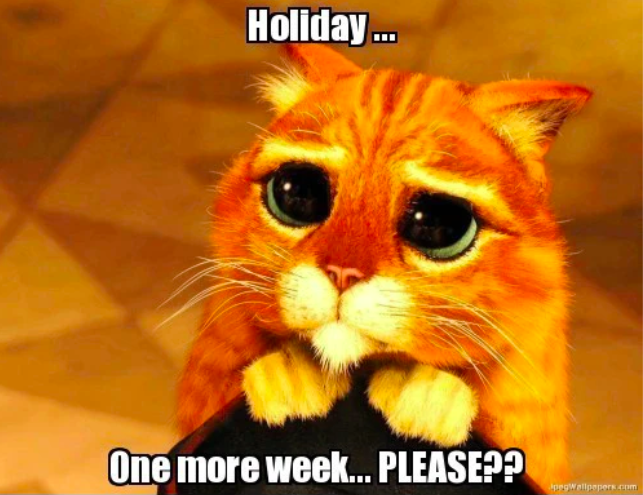
Kua takoto te Mānuka.
The leaves of the Manuka tree have been laid down (a challenge has been laid down or there is a challenge ahead of you).
Kia ora. What a long term this has been. I don't know about you, but to me the lockdown seems so long ago. I am still surprised when I see the efforts countries are going to overseas, and the challenges they are facing when we have been so fortunate with leadership and compliance in New Zealand and have all worked to put ourselves in a position where we can have school assemblies as a whole school, go shopping at a mall and meet with our friends and family whenever and wherever we want in the country. I know many of you will be thinking about the situation in Malawi and how it is so different from our own experiences. This week, we are going to unpack the report you need to plan/draft/write as the final part of your assessment task. This is where we take the Social Action Log and the Research File and combine it into one document that explains, the situation in Malawi, describes the actions your have undertaken as your social justice/action and reflect on your participation and the effectiveness of your action. You will be able to work on your report over the holiday break, have one week back at school at the start of next term to completed the tasks required, and will be submitting in Week Two of Term Three. Please remember to go back to the instructions document and check the criteria and the marking rubric carefully to give yourself every opportunity to achieve success at the level you are aiming for.
Success Criteria: I can/have...
- evaluate the effect actions have on human rights
- discuss the perception different people have of the same event
Activities:
- Unpack Report requirement and exemplars
- Plan/Draft Report
Homework:
Research file
Report -
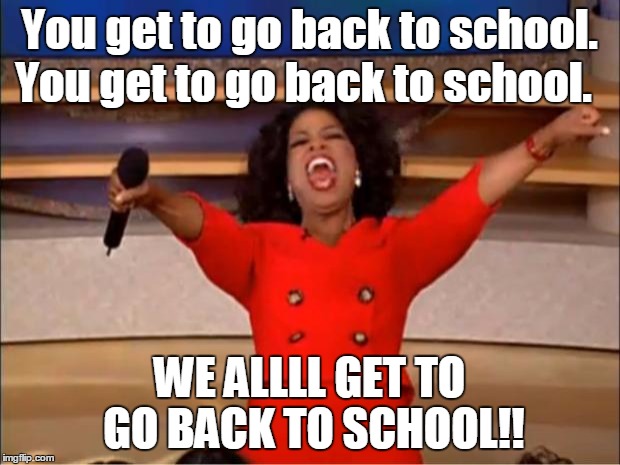
He rā whatiwhati kō.
A day of hardwork.
Kia ora. I hope you all had a lovely break and got out and about. What a change it was to be able to leave the house during the term break. Cast your mind back to the last term break and it was so very different. We have a busy term ahead of us. Your Social Action assessment task is due next week and we also need to start work on our new context "Hikoi Aotearoa - New Zealand, the greatest little country in the world". We will be exploring New Zealand from the comfort of our classroom and looking at why people move to, and within our wonderful country.
Success Criteria: I can/have...
- evaluate the effect actions have on human rights
discuss the perception different people have of the same event
Activities:
- Plan/Draft Report
- Refer to Assessment task criteria and assessment rubric
- Review with a peer and seek feedback
Homework:
Write here...
EXPLORE / TŪHURA learning intentions:
- We are EXPLORING the reasons different groups of people have migrated to New Zealand and recognising that each group may have different push and pull factors
- We are EXPLORING...
- We are EXPLORING...
-

(Oh my, spot the spelling mistake above!)
He mahi te āta noho, e kī ana te wheke
It is the octopus who says, “sitting is working”.
Kia ora, well done on the Cross Country last week. It was awesome to see you all trying your best - especially at the top of Jeff's Road - that is quite a hill to run up!
This week your assessment task is due. I will give you time in class to complete your work. Please remember, you need to upload all THREE documents
- Research file
Report
Social Action Log
Remember to check your work against the criteria and rubric, and the exemplars I have provided for you.
Success Criteria: I can/have...
- Use exemplars to help structure my writing
- check assessment task instructions and marking rubric
- complete all parts of assessment
- upload by the due date
Activities:
- Assessment Task 2 - Report, Research File, Social Action Log
- Upload work to MHOL
Homework:
Write here...
EXPLORE / TŪHURA learning intentions:
- We are EXPLORING the reasons different groups of people have migrated to New Zealand and recognising that each group may have different push and pull factors
- We are EXPLORING...
- We are EXPLORING...
-
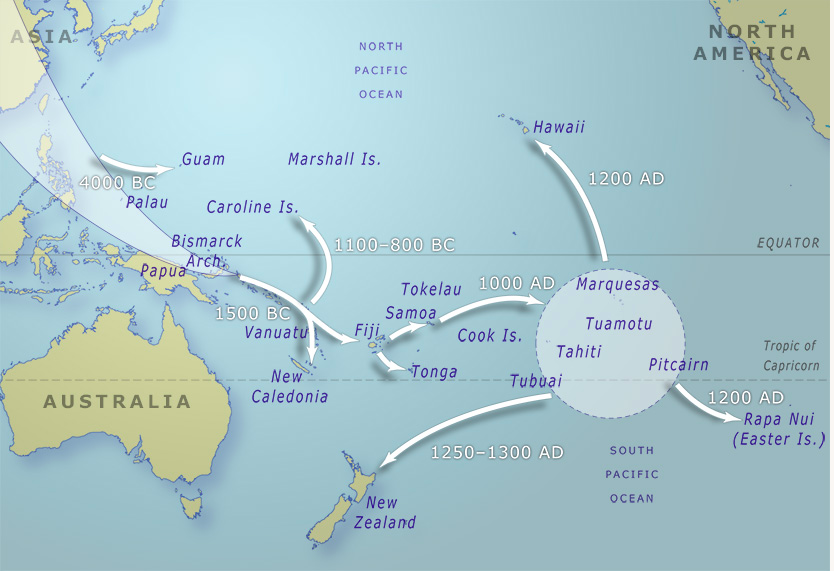
Hurihia to aroaro ki te rā tukuna to atarangi kia taka ki muri i a koe.
Turn to face the sun and the shadows fall behind you.
Kia ora. If you think about your whakapapa, every single person in this room has a some point migrated to New Zealand. For some of us, this migration happened generations ago, for others it is a very recent event. Migrations can be international or regional. They can be planned or forced. They may be a move towards positive or an escape from a negative. The reasons people choose to relocate to a new area are manyfold. This term, we are going to look at why people move between places in New Zealand, whether from overseas or another town. Where are your family links in Aotearoa?
Achievement Objectives:
- understand how cultural interaction impacts on cultures and societies;
- understand that people move between places which has consequences for the people and the places; and
- understand how the ideas and actions of people in the past have had a significant impact in shaping people’s lives and identities in Aotearoa New Zealand’s developing society.
Success Criteria: I can/have...
- Explain how and why cultures interact;
- Identify ways in which individuals influence the nature of cultural interaction;
- Give examples of cultural interaction in New Zealand’s past and present;
Activities:
- In groups, produce a static image describing what the members think cultural interaction is; use linked concepts (
Culture, migration, biculturalism, multiculturalism, identities, integration, prejudice, discrimination). Around the edges, describe:
- what influences your perceptions of other cultures (e.g. your background, upbringing and experience);
- what limits/distorts your knowledge of other cultures.
Homework:
Write here...
EXPLORE / TŪHURA learning intentions:
- We are EXPLORING the reasons different groups of people have migrated to New Zealand and recognising that each group may have different push and pull factors
- We are EXPLORING...
- We are EXPLORING...
-
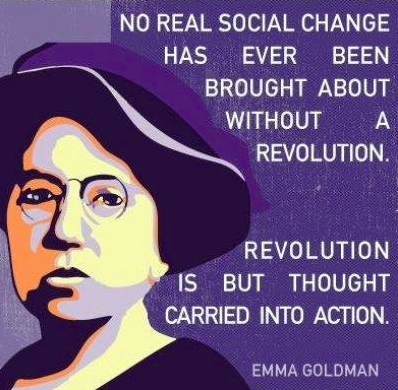
Kāore te kūmara e kōrero mo tōna ake reka.
The kūmara does not speak of his own sweetness.
Kia ora. I am looking forward to you sharing your group static images today - it was really interesting to see how diverse your self-selected small groups were and the commonality of your experiences. This is certainly not true of every school or every town in Aotearoa. This week we are going to create a brick wall with your experiences.
Achievement Objectives:
- understand how cultural interaction impacts on cultures and societies;
- understand that people move between places which has consequences for the people and the places; and
- understand how the ideas and actions of people in the past have had a significant impact in shaping people’s lives and identities in Aotearoa New Zealand’s developing society.
Success Criteria: I can/have...
- Explain how and why cultures interact;
- Identify ways in which individuals influence the nature of cultural interaction;
- Give examples of cultural interaction in New Zealand’s past and present;
Activities:
Identify all the situations and ways in which members in your small group have interacted with people from another cultural group. Conduct a think, pair, share activity and then as a class create a brick wall that represents their experiences of cultural interaction (Template on google classroom - one brick per group member) One person from each group needs to print out the sheet with the three bricks.
Read the following excerpt from a recent refugee to New Zealand;
From Refugees Global Issues Edition 17, pg 7
I am very happy to be here. The day I entered New Zealand was like a rebirth for me. It was kind of hard at first because I couldn’t speak English. School was particularly hard because the language, culture and manners are all so different here. It took me ages to adjust.
I was teased at school about war and where I had came from. It would be helpful if kids could be more open-minded about where we’ve come from and what we’ve faced. Refugees should be made to get an education and to upskill. Most of us are dropping out of school and working at Pak n Save. Increasing our skills improves our sense of self worth and through achieving we can prove to the government that we are thankful to be here.
Martin, 18, Assyrian refugee
3. Discuss the issues this quote raises about cultural interaction in New Zealand with your group. What would Martin write on his brick?.
Homework:
Write here...FOCUS / ARONGA learning intentions:
- We are FOCUSING on a wave of migration that has a personal relevance or interest to us and identifying how th migration has impacted on New Zealand's cultural identity
-
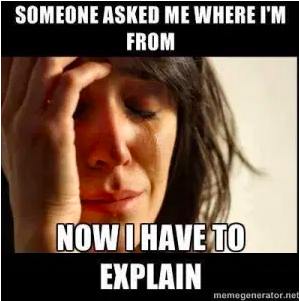
Waiho i te toipoto, kaua i te toiroa.
Let us keep close together not far apart.
Kia ora. I hope you are all keeping safe and well and are able to continue to access your learning over tjis time, Fingers crossed we will be back in the classroom at the end of next week. I have some very stylish masks (in Slytherin colours) that I am looking forward to debuting when we can get back on site. This week we are going to continue exploring how cultures interact - looking at New Zealand past and present interactions to inform our thinking. Please keep an eye on your emails for an invitation to a google meet early in the week.
By the end of this weeks work, you need to have a clear understanding of the following key concepts:
culture;
cultural
interaction;
migration;
integration;
adaptation;
identities;
multiculturalism.
Achievement Objectives:
- understand how cultural interaction impacts on cultures and societies;
- understand that people move between places which has consequences for the people and the places; and
- understand how the ideas and actions of people in the past have had a significant impact in shaping people’s lives and identities in Aotearoa New Zealand’s developing society.
Success Criteria: I can/have...
- Explain how and why cultures interact;
Identify ways in which individuals influence the nature of cultural interaction;
Give examples of cultural interaction in New Zealand’s past and present;
Activities:
Using the resource attached below develop an understanding of how and why cultures have come to interact in New Zealand’s past and present. Make notes on the different groups of people who form the category "New Zealanders"
- Use ONE of the following activities to persent and share your understanding:
a. Research and present one part of this story (i.e. one group of people);
b. Find answers to twenty questions you create on the key points you ahve identified in your notes
c. Create your own quiz questions and answers of the key points you have identified in your notes (kahoot?);
d. Create an annotated history road or timeline;
e. Annotate a world map, drawing lines for where and when major groups have come to New Zealand, and develop a key for reasons for the migration;
Homework:
Everything!FOCUS / ARONGA learning intentions:
- We are FOCUSING on a wave of migration that has a personal relevance or interest to us and identifying how th migration has impacted on New Zealand's cultural identity
-
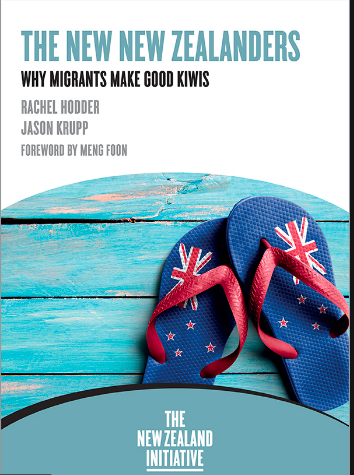
Ko ia kāhore nei i rapu, tē kitea.
He who does not seek, will not find.
Kia ora. Hopefully we will be back on site at the end of the week, before then though, we need to keep up the momentum of our learning from home. Last week you researched groups of New Zealanders using the Te Ara website. This week, you are going to do your own mini investigation. Perhaps there is a group migration (not just a family at this stage) that has a link to your own background.
Achievement Objectives:
- understand how cultural interaction impacts on cultures and societies;
- understand that people move between places which has consequences for the people and the places; and
- understand how the ideas and actions of people in the past have had a significant impact in shaping people’s lives and identities in Aotearoa New Zealand’s developing society.
Success Criteria: I can/have...
- Explain how and why cultures interact;
- Identify ways in which individuals influence the nature of cultural interaction;
- Give examples of cultural interaction in New Zealand’s past and present;
Activities:
New Zealand Peoples – Mini Inquiry
Select a cultural group of interest and relevance to you.
Complete an inquiry chart addressing key issues of this groups’ cultural interaction, e.g.:- When and why did this cultural group come to New Zealand;
- What are the ways in which this group has/does interact in New Zealand society;
- What barriers to cultural interaction has this group faced;
- What have been the consequences (positive, negative, short term and/or long term) of cultural interaction for this cultural group;
- What have been the consequences (positive, negative, short term and/or long term) of this groups’ cultural interaction for New Zealand society.
- How has this cultural group contributed to the development of New Zealand’s identity as a multicultural Nation.
Create a presentation to share your research (google Classroom)
Homework:
Write here...FOCUS / ARONGA learning intentions:
- We are FOCUSING on a wave of migration that has a personal relevance or interest to us and identifying how th migration has impacted on New Zealand's cultural identity
-
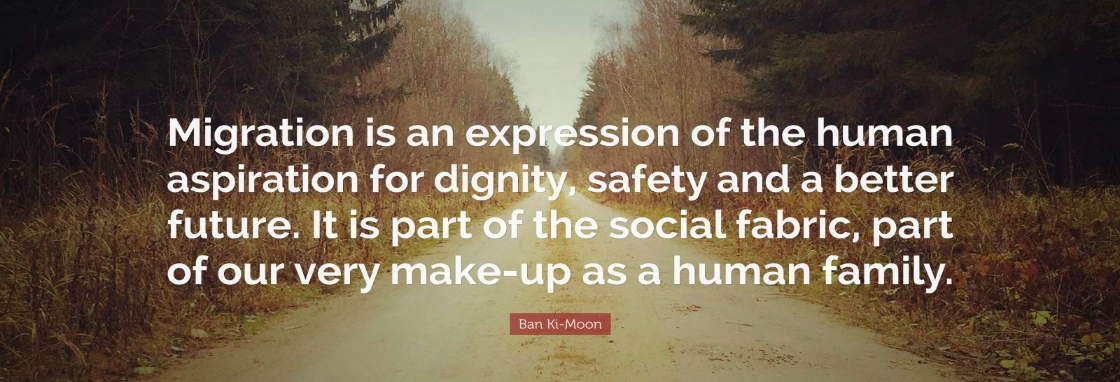
E tū ki te kei o te waka, kia pākia koe e ngā ngaru o te wā
Stand at the stern of the canoe and feel the spray of the future biting at your face
Kia ora. Welcome back. I am looking forward to hearing your presentations about your chosen wave of migration
Success Criteria: I can/have...
- understand how cultural interaction impacts on cultures and societies;
- understand that people move between places which has consequences for the people and the places; and
- understand how the ideas and actions of people in the past have had a significant impact in shaping people’s lives and identities in Aotearoa New Zealand’s developing society.
Activities:
- Small group presentations of chosen wave of migration
- Examine A Current Issue
Examine a current issue that has a range of cultural perspectives,
e.g., child rearing practices, laws on smacking, organ donation,
marriage, food taboos, or interaction with the environment, or an
issue that deals explicitly with cultural interaction.- Identify a range of different cultural perspectives on the issue.
Choose one of the following activities to demonstrate your findings;a. Construct a values continuum on the issue, supporting your placement of people/groupswith reasons and evidence;b. Create a venn diagram showing similarities and differences between points of view;c. Create a table describing points of view;- Examine how people’s cultural perspectives on the current issue influence the way in which they participate in society and take action.
a. Create a fishbone diagram, summarising the different views on the issue and the waysin which people have acted based on their viewpoint.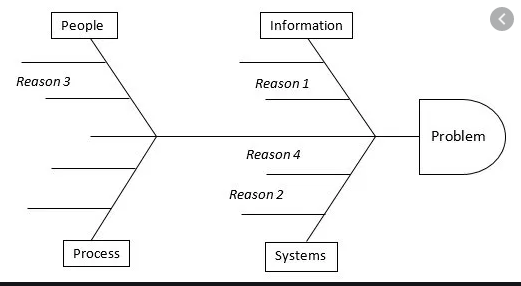
Homework:
Write here...FOCUS / ARONGA learning intentions:
- We are FOCUSING on a wave of migration that has a personal relevance or interest to us and identifying how th migration has impacted on New Zealand's cultural identity
-
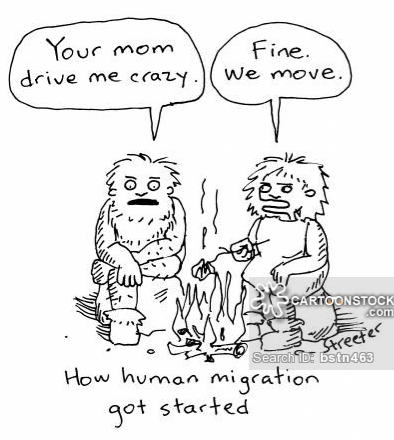
Kohikohia ngā kākano, whakaritea te pārekereke, kia puāwai ngā hua
Gather the seeds, prepare the seedbed carefully, and you will be gifted with an abundance of food
Kia ora. Another week of the great teacher migration. Last week, we completed the work from week 6 (lockdown) this week, we are going to look at the work that was set for last week. Phew. We also need to refresh our mapping skills - however, this fits in well with our study of waves of migration so we will spend some time looking at maps and statisics and what these can tell us.
Success Criteria: I can/have...
- understand how cultural interaction impacts on cultures and societies;
- understand that people move between places which has consequences for the people and the places; and
- understand how the ideas and actions of people in the past have had a significant impact in shaping people’s lives and identities in Aotearoa New Zealand’s developing society.
Activities:
- Small group presentations of chosen wave of migration
- Examine A Current Issue
Examine a current issue that has a range of cultural perspectives,
e.g., child rearing practices, laws on smacking, organ donation,
marriage, food taboos, or interaction with the environment, or an
issue that deals explicitly with cultural interaction.- Identify a range of different cultural perspectives on the issue.
Choose one of the following activities to demonstrate your findings;a. Construct a values continuum on the issue, supporting your placement of people/groupswith reasons and evidence;b. Create a venn diagram showing similarities and differences between points of view;c. Create a table describing points of view;- Examine how people’s cultural perspectives on the current issue influence the way in which they participate in society and take action.
a. Create a fishbone diagram, summarising the different views on the issue and the waysin which people have acted based on their viewpoint.Homework:
Write here...
- We are PLANNING... so that we can...
PLAN & DO / WHAKAMAHI learning intentions:
- We are PLANNING an electoral process so that we can understand the system of government in New Zealand and practise the proccess. Will we then be able to promote the electoral system in our homes and communities.
-
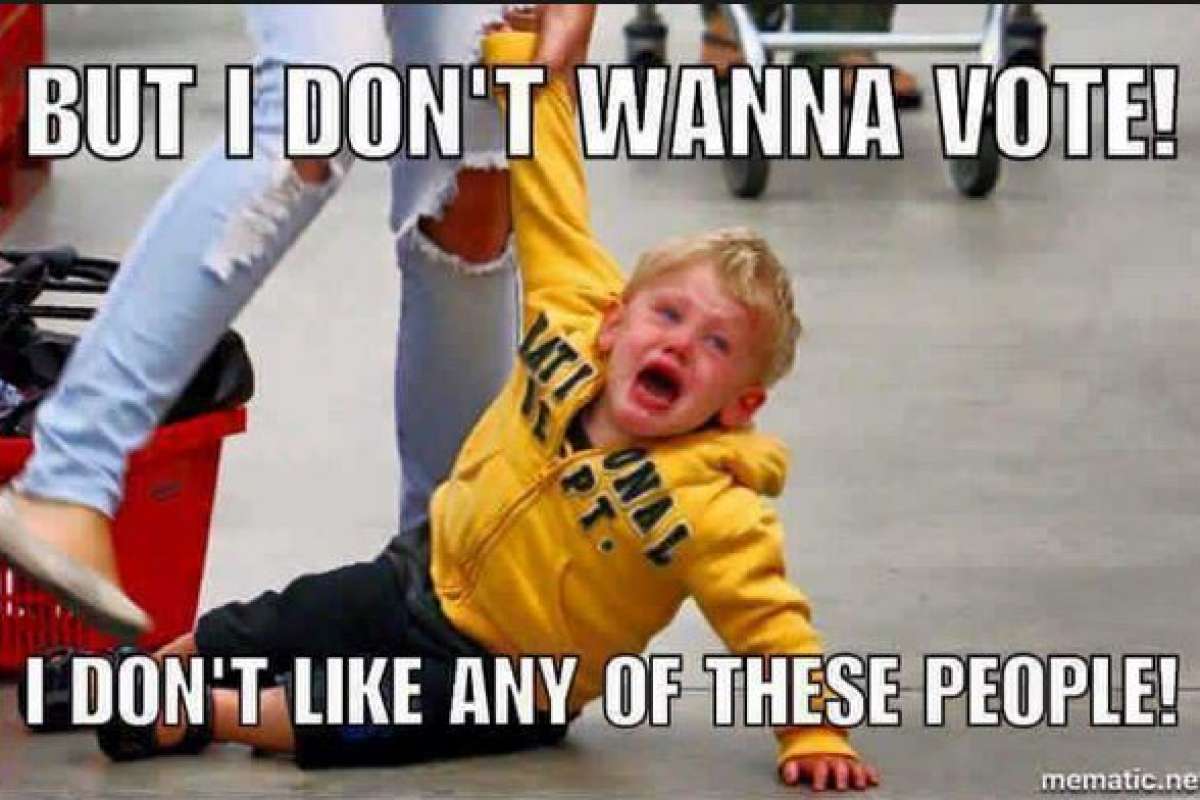
He kura tangata – He kura whānau
A person educated is a community educated
Kia ora. Last week we looked at some political memes. To understand them, we needed to use the skills we explored in English around static images. The elements we consider when creating static images are the same that are used to interpret or understand political memes and advertising. This is especially true when we look at how colours are used to indicate political parties. One of the things we need to have knowledge of to do this successfully is the political system in New Zealand. This week, we will be revising the system NZ uses to elect its government. We will look at the major political parties, discover who has the vote (and what age limits there are) and the process for holding an election in New Zealand.
Success Criteria: I can/have...
- Identify key people in the New Zealand Government
- Identify political parties through their use of symbol and colour
- know how seats in NZ Parliament are gained
- describe the voting system in NZ
- understand what a referendum is
Activities:
- Activity on Google Classroom on Political Parties in NZ
- MMP Activity
- Compare/Contrast NZs voting system with the voting system in America
Homework:
Write here...PLAN & DO / WHAKAMAHI learning intentions:
- We are PLANNING an electoral process so that we can understand the system of government in New Zealand and practise the proccess. Will we then be able to promote the electoral system in our homes and communities.
-
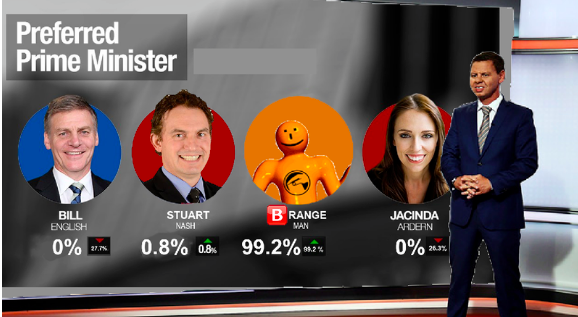
Te kaha me te wairua
Energy flows where attention goes
Kia ora. This week we are going to continue looking at the voting system in New Zealand and also revise cartoon interpretation and political memes.
Success Criteria: I can/have...
- Identify key people in the New Zealand Government
- Identify political parties through their use of symbol and colour
- know how seats in NZ Parliament are gained
- describe the voting system in NZ
- understand what a referendum is
Activities:
- look at sample voting papers
- read about the referendums
- Understand why we have referendums
Homework:
Write here...
PLAN & DO / WHAKAMAHI learning intentions:
- We are PLANNING an electoral process so that we can understand the system of government in New Zealand and practise the proccess. Will we then be able to promote the electoral system in our homes and communities.
-
How to vote in a NZ Election
-
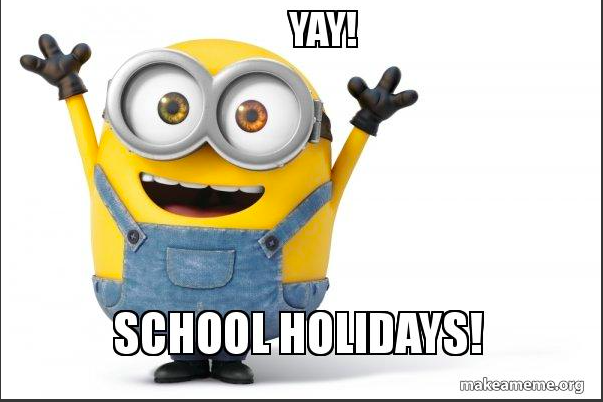
PLAN & DO / WHAKAMAHI learning intentions:
- We are PLANNING an electoral process so that we can understand the system of government in New Zealand and practise the proccess. Will we then be able to promote the electoral system in our homes and communities.
-
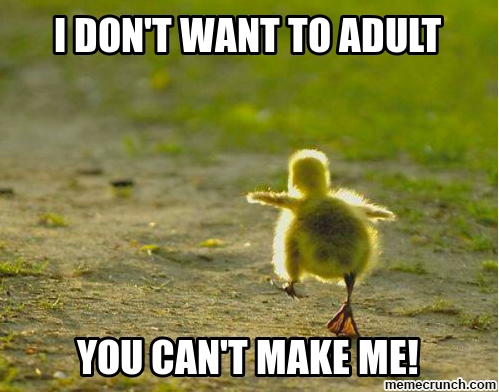
Ko te pae tāwhiti, whāia kia tata. Ko te pae tata, whakamaua kia tina.
Seek out distant horizons and cherish those you attain.
Kia ora. I hope you have all had a good break and maybe have also been following the elections. I completed an early vote during the break and was really comfortable with the process as it was just like the kids vote elections we held at the end of last term. The only thing that was sort-of confusing was the location of the ballot boxes after I had been to the voting booth - I think our Returning Officers did a much better job of assisting the voters than the Officer at my polling station. The General Election is this Saturday - if your parents have not cast an early vote, perhaps you could go with them when they vote to check it out for yourself. We will be counting the votes from our kids vote election next week! This leads us nicely to this terms context - while we are still coming up with a 'snappy' name for it, it has to do with the skills you need as you begin to adult (Yes, adult can be a verb! English teachers everwhere shudder a little bit inside).
Success Criteria: I can/have...
- Identify decisions I will be making as a young adult
- Locate information to help me with these decisions
- Understand the procedure or process involved in these decisions
- Know my rights and responsibilities under New Zealand Legislation
Activities:
- Brainstorm decisions I will made as a young adult
- Identify information I will need to support these decisions
- Describe skills that will help me succeed as an adult
Homework:
Write here...EXPLORE / TŪHURA learning intentions:
- We are EXPLORING the legislation in New Zealand that relate to Young Employees and how this will affect the decisions we make when we start paid employment
-
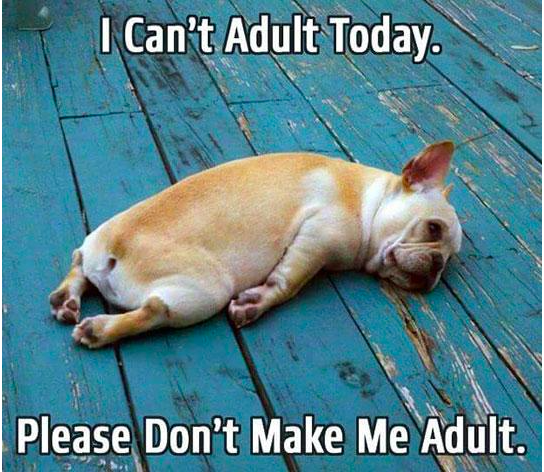
Titiro whakamuri kokiri whakamua
Look back and reflect so you can move forward
Kia ora. Did you watch the election coverage on Saturday? This week we will count the votes from the kids vote election we held at the end of last term. and continue working on researching the decisions and choices we will be making in the near future. I also look forward to hearing about your trip to Rangitoto!
Success Criteria: I can/have...
- Identify decisions and choices that are in my future
- Research information I will need to make good choices and decisions
- Research NZ legislation behind the decision
- Share my knowledge with others
Activities:
- Continue with research on decisions and choices
- Write a brief paragraph or two to explain the choice/decision and the knowledge needed to make the choice
- Share with others
- Write here
Homework:
Write here...EXPLORE / TŪHURA learning intentions:
- We are EXPLORING the legislation in New Zealand that relate to Young Employees and how this will affect the decisions we make when we start paid employment
-
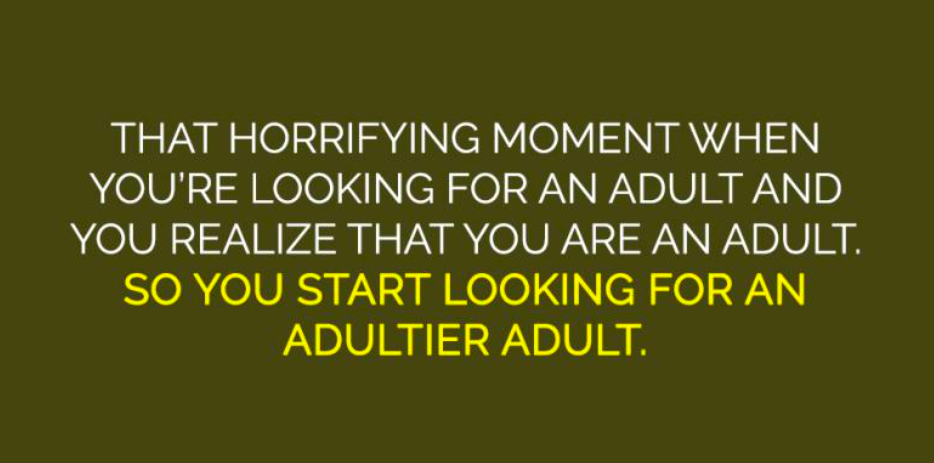
Kei ōu ringaringa te ao
The world is yours.
Kia ora. I hope you all had a wonderful Labour Day. Do you know why or what Labour Day celebrates? As you continue exploring the decisions and choices you will make as a young adult - you may see that life in the 21st Century is very different from that lived by someone your age (or even younger) in the late 19th and early 20th Century. What was 'adulthood' like then? What is really interesting is that the concept of "Childhood" is also relatively recent (17th and 18th Century). You may find it interesting to star a conversation with the older members of your whanau about what their thoughts, plans and dreams were, when they were the age you are now.
Success Criteria: I can/have...
- Identify decisions and choices that are in my future
- Research information I will need to make good choices and decisions
- Research NZ legislation behind the decision
- Share my knowledge with others
Activities:
- Continue with research on decisions and choices
- Write a brief paragraph or two to explain the choice/decision and the knowledge needed to make the choice
- Share with others
Homework:
Write here...EXPLORE / TŪHURA learning intentions:
- We are EXPLORING the legislation in New Zealand that relate to Young Employees and how this will affect the decisions we make when we start paid employment
FOCUS / ARONGA learning intentions:
- We are FOCUSING on applying our understanding to scenarios to detrmine whether the legislation is being followed
-
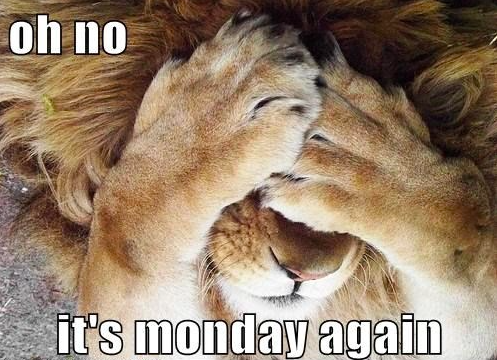
Mā te kimi ka kite, Mā te kite ka mōhio, Mā te mōhio ka mārama
Seek and discover. Discover and know. Know and become enlightened.
Kia ora. We have a really busy week ahead of us. On Monday, you will be attending workshops as part of our "Adult choices" context, Tuesday is athletics day, so remember the sunblock! Your common assessment tasks begin this Friday. We will spend the time we have available looking at some workplace scenarios and you will determine what is and is not permitted under New Zealand employment legislation.
Success Criteria: I can/have...
- Read and understood workers rights and responsibilities in New Zealand
- Applied my understanding to a range of different contexts
Activities:
- Chose a scenario
- Research the legislation as it affects the scenario
- Write a report that details the actions the worker or the employer needs to take to meet legislative responsibilities
Homework:
Write here...FOCUS / ARONGA learning intentions:
- We are FOCUSING on applying our understanding to scenarios to detrmine whether the legislation is being followed
-
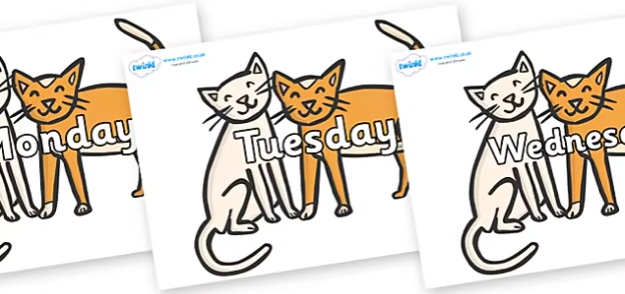
Mau ano e to mai te ika ki a koe. Ki te tino wawata koe ki te ika ka haere mai ki a koe!
You create your own luck. If you wish it the fish will come!
Kia ora. Do you remember when we were look at the electoral system in New Zealand and we tried to get our heads around the US Electoral College system? Its good to see we were not the only ones confused as even some American voters were unsure how the numbers worked. I have had to explain to some people I have talked to that there is a MINIMUM age to be President of the US. Isn't that incredible. I guess the adage that wisdom comes with age influenced that requirement, but look at the opportunites for change that a younger set of experiences may have provided. Especially when the candidates taunt each other about their ages! This week, we are going to continue looking at another environment where age affects the way you are treated - employment legislation in New Zealand. You will hopefully, continue earning your certificates of completion from the employment website and also explore the legislation around the youth employment scenarios I have provided to you.
Success Criteria: I can/have...
- Read and understood workers rights and responsibilities in New Zealand
- Applied my understanding to a range of different contexts
Activities:
- Completion Certificates on Employment Website
- Research the legislation as it affects the scenario
- Write a report that details the actions the worker or the employer needs to take to meet legislative responsibilities
Homework:
Write here...EXPLORE / TŪHURA learning intentions:
- We are EXPLORING the legislation in New Zealand that relate to Young Employees and how this will affect the decisions we make when we start paid employment
FOCUS / ARONGA learning intentions:
- We are FOCUSING on applying our understanding to scenarios to detrmine whether the legislation is being followed
FOCUS / ARONGA learning intentions:
- We are FOCUSING on applying our understanding to scenarios to detrmine whether the legislation is being followed
-
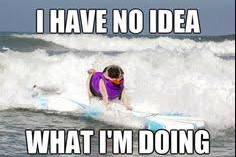
Kia hora te marino, kia whakapapa pounamu te moana, kia tere te kārohirohi i mua i tō huarahi.
May peace be widespread, may the sea glisten like greenstone, and may the shimmer of light guide you on your way.
Kia ora. What a busy week you had last week - and have to look forward to this week. I hope you all enjoyed your time at Kariotahi beach. Believe it or not, it is my 'local' beach. I chose the meme this week because it not only applies to surf lifesaving but also adulthood.
Success Criteria: I can/have...
- Read and understood workers rights and responsibilities in New Zealand
- Applied my understanding to a range of different contexts
Activities:
- Completion Certificates on Employment Website
- Research the legislation as it affects the scenario
- Write a report that details the actions the worker or the employer needs to take to meet legislative responsibilities
Homework:
Write here...PLAN & DO / WHAKAMAHI learning intentions:
- We are PLANNING our own scenario so that we can apply our understanding of the legislation to demonstrate our knowledge
-
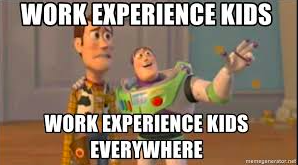
HAVE AN AWESOME WEEK!
-
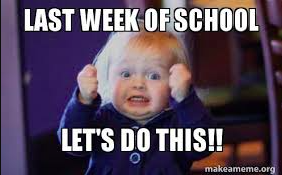
Tungia te ururoa, kia tupu whakaritorito te tupu a te harakeke.
Set the flax bush alight and the new shoots will spring up.

